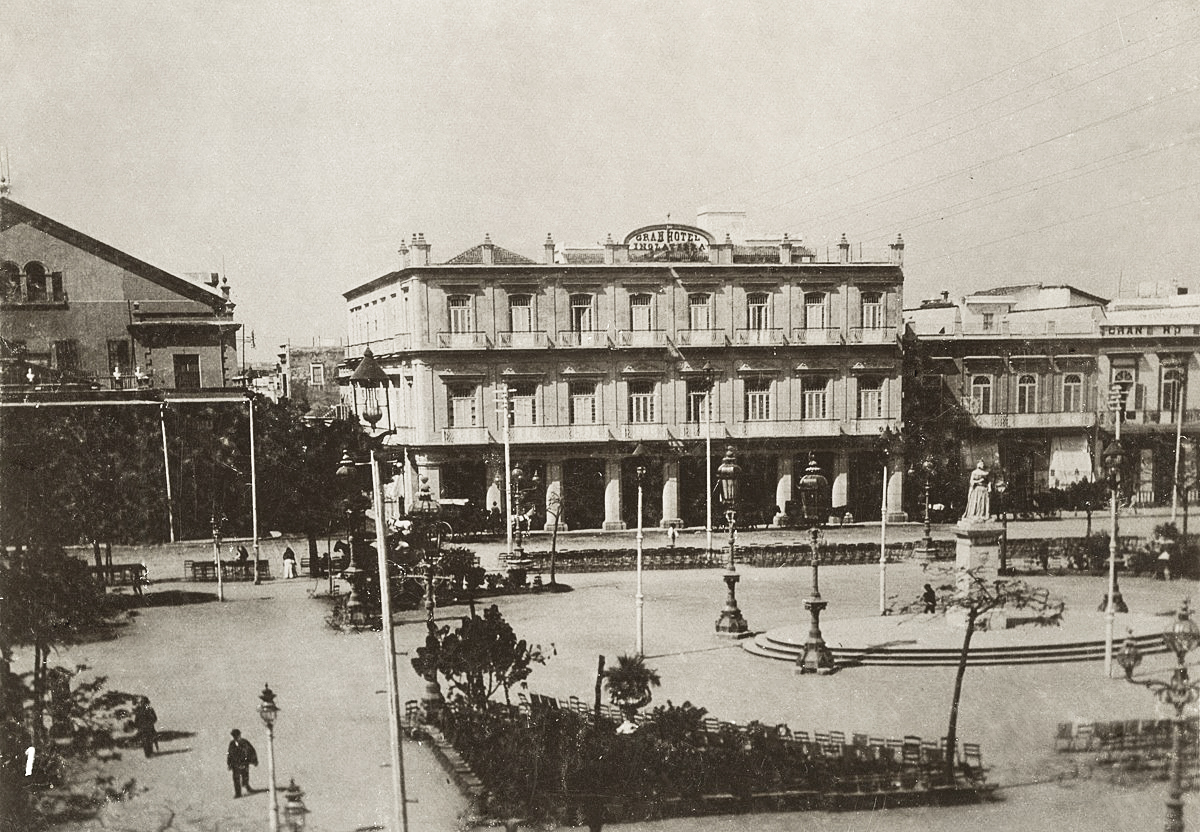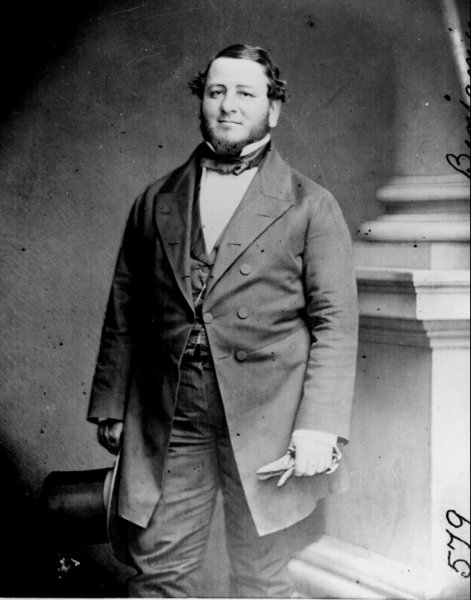But he also said he would be avoiding TL-191 analogues as well...
That I absolutely am! So don't expect that as an analogue going forward.
Oh good, so, no taking of Northern Mexico for a Pacific port. Which probably mean Caribbean expansion, possibly. But then that makes them trying to take Cuba. LOL. So much LOL.Hmmm, partially a geography issue, partially an international politics issue. For Britain, I encourage to think of their reactions to some coming events of the 19th century in terms of "Splendid Isolation" but also that they will be pivoting to a number of broader global threats in Asia, Europe and Africa by the end of the century.
North America will be no less a political minefield, but the US can't afford to focus on just Canada either. The new cleavage of the US in two is not going to do wonders for national domestic unity.
But as a reminder, the Monroe Doctrine is now dead and buried, which means more European poking around in the Americas for better or for worse...
Its also odd that Mexican Empire usually equals Pro-confederacy whereas Republicn Mexico usually equals pro-US.
Hmmmm.
Franco-Confederate Alliance I can see. Which makes it funny if the Confederates try and flex their muscles and aid France in the Franco-Prussian War.
Which means a possible Prussian-Russian alliance.
Do we have a Monarch for Canada yet? I assume that the British Royal family will be the dominant overlord, but I'd assume to some degree that you would have an semi-independent Monarch of Canada

